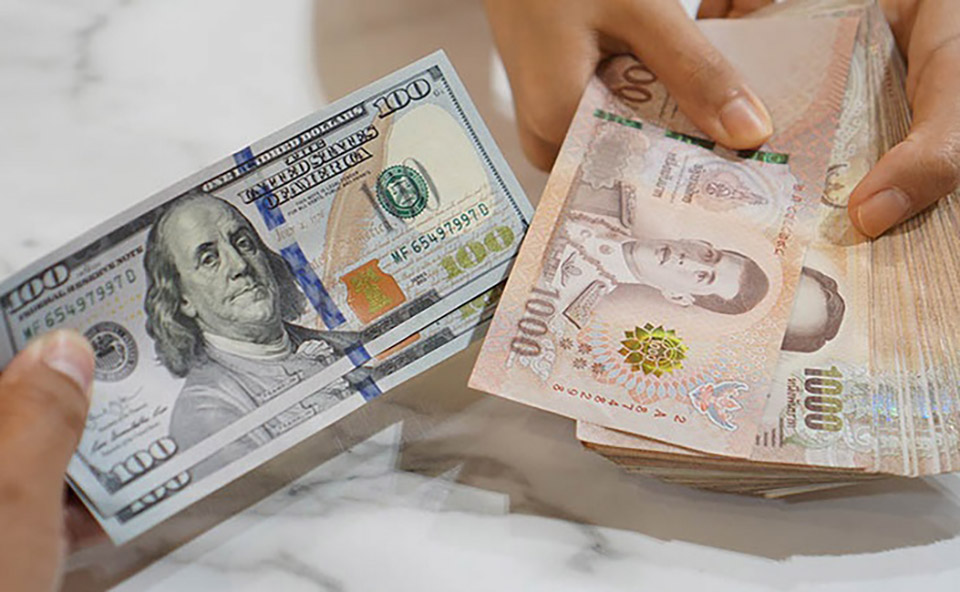What’s Going On with the Thai Baht?
Ever feel like the global economy is playing a game of tug-of-war, and your wallet is caught in the middle? That’s exactly what’s happening with the Thai baht right now. Despite a temporary ceasefire in the US-China trade war, the baht is taking a hit. Let’s break down why this is happening and what it means for Thailand.
The Trade Truce That Shook Things Up
You’d think a truce would bring stability, right? Not quite. The recent 90-day pause in the US-China tariff battle initially boosted global markets. Stocks went up, and there was a collective sigh of relief. But here’s the twist: the US dollar gained strength, and that put pressure on other currencies, including the Thai baht.
Why Did the Dollar Strengthen?
Several factors contributed:
-
Investor Confidence: The truce signaled potential progress, making the US dollar more attractive.
-
Interest Rates: The Federal Reserve’s stance on interest rates played a role, as higher rates can attract foreign investment, boosting the dollar’s value.
-
Safe-Haven Status: In times of uncertainty, investors often flock to the US dollar as a safe bet.
The Baht’s Struggle
So, how did the baht respond? Not well. Despite the positive news from the trade truce, the baht weakened. Analysts suggest it could drop to 33.80 per dollar soon.
Factors Behind the Baht’s Decline
-
Export Challenges: Thailand’s exports are closely tied to global demand. With uncertainties still looming, export growth remains sluggish.
-
Tourism Recovery: While tourism is rebounding post-pandemic, it’s not enough to offset other economic pressures.
-
Foreign Investment: A stronger dollar can lead investors to pull out of emerging markets like Thailand, seeking better returns elsewhere.
The Broader Impact on Thailand
The baht’s weakness isn’t just a currency issue; it has ripple effects across the Thai economy.
Imports Become Pricier
A weaker baht means imported goods cost more. This can lead to higher prices for everyday items, impacting consumers directly.
Exporters Might Benefit
On the flip side, Thai goods become cheaper for foreign buyers, potentially boosting exports. But this depends on global demand, which remains uncertain.
What’s Next for the Baht and Thailand?
Predicting currency movements is tricky, but several scenarios could play out:
-
Continued Volatility: If global uncertainties persist, the baht may remain under pressure.
-
Policy Interventions: The Bank of Thailand might step in to stabilize the currency, possibly through interest rate adjustments.
-
Global Developments: Any significant changes in US-China relations or global economic indicators could sway the baht’s trajectory.
Key Factors Influencing the Thai Baht
| Factor | Impact on Baht | Explanation |
|---|---|---|
| US Dollar Strength | Negative | Stronger dollar makes baht less attractive |
| Export Performance | Mixed | Weak exports hurt baht; improved exports help it |
| Tourism Recovery | Positive | More tourists bring in foreign currency |
| Foreign Investment | Negative | Capital outflows weaken the baht |
| Central Bank Policies | Variable | Interest rate changes can influence currency value |
Conclusion: Navigating Uncertain Waters
The Thai baht’s recent decline underscores the interconnectedness of global economies. While the US-China trade truce offered a glimmer of hope, it also led to unintended consequences for currencies like the baht. For Thailand, the path forward involves balancing domestic policies with global developments, all while striving to maintain economic stability.
